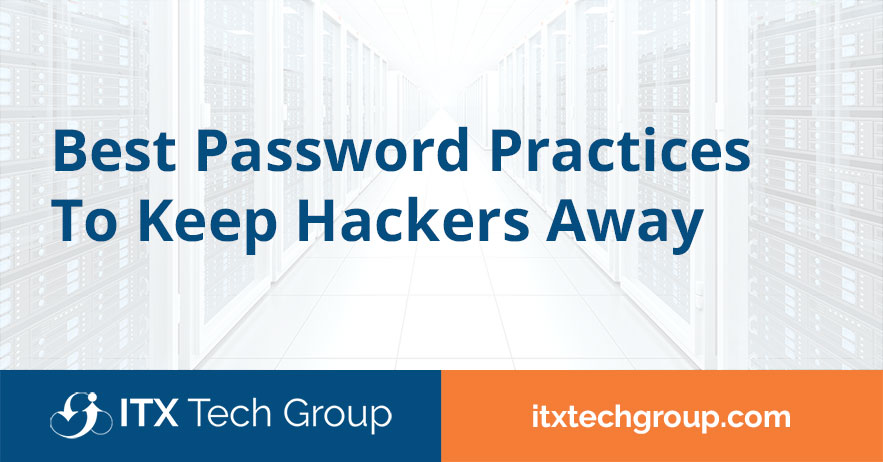Passwords serve as the first line of defense against cyber threats. However, weak and easily guessable passwords are a hacker’s dream come true.
To safeguard our sensitive data and digital assets, adopting strong password practices is crucial.
In this blog article, we will explore seven best password practices that will help keep hackers at bay and enhance our cybersecurity.
1. Create Strong and Unique Passwords
The foundation of secure passwords lies in their strength and uniqueness. Avoid using common or easily guessable passwords like “password” or “123456.”
Instead, create passwords that are at least 12 characters long, combining uppercase and lowercase letters, numbers, and special characters. Use a unique password for each online account to prevent a breach in one platform from compromising other accounts.
2. Employ Passphrases
Passphrases are longer and more secure than traditional passwords. Create a memorable sentence or phrase and add complexity by including special characters and numbers.
For example, “BlueSky@+2009OverTheMountain!” is a strong passphrase that’s easy to remember but challenging for hackers to crack.
3. Enable Multi-Factor Authentication (MFA)
Multi-factor authentication adds an extra layer of security to your accounts. Besides your password, MFA requires a second form of identification, such as a fingerprint, SMS code, or authenticator app.
Enabling MFA significantly reduces the risk of unauthorized access, even if your password is compromised.
4. Avoid Using Personal Information
Refrain from incorporating easily accessible personal information, such as your name, birthdate, or pet’s name, in your passwords. Hackers can often find this information through social media or other sources, making it easier for them to guess your passwords.
5. Update Passwords Regularly
Changing passwords periodically is an essential practice in maintaining security. Set reminders to update passwords every three to six months. Regular password changes reduce the likelihood of hackers gaining long-term access to your accounts.
6. Use a Password Manager
Keeping track of numerous strong and unique passwords can be challenging. Password managers securely store your login credentials and generate strong passwords for you. With a master password, you can access all your stored passwords conveniently and securely.
7. Beware of Phishing Scams
No matter how strong your password is, falling victim to phishing scams can render it useless. Hackers use deceptive emails or websites to trick you into revealing your login information. Always verify the sender’s legitimacy before clicking on any links or sharing personal data.
Wrap Up
As cyber threats continue to evolve, strong password practices are essential for safeguarding our digital lives.
Creating unique, complex, and memorable passwords, using passphrases, and enabling multi-factor authentication significantly increase our defenses against hackers. Regularly updating passwords and using password managers further enhance our cybersecurity posture.
Conclusion
Remember, cybersecurity is a collective responsibility. By adopting these best password practices and staying vigilant against phishing scams, we fortify our digital fortress, making it challenging for hackers to compromise our valuable information.
Together, let’s take proactive steps to protect our online identities and maintain a secure digital environment.
ITX Tech Group has been serving small, medium, and large scale businesses with their IT support needs all over the United States since 2011, so we’re confident we can provide you with affordable, professional IT solutions for years to come!
Connect with us for a free consultation to discuss your business technology needs.

